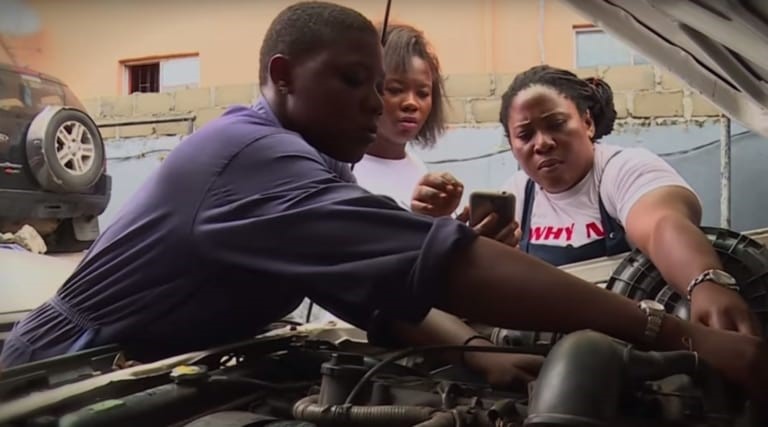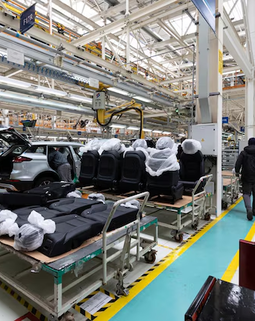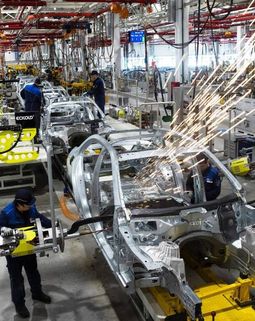Local start up in ghana
Women engineers in Ghana have a platform as a result of start-up locally. A local start-up called Solartaxi Ghana helps women to seek environmentally friendly alternatives. They want to promote the adoption of electric automobiles nationwide. And all of them are leading the charge in pursuit of that goal.
Solartaxi
The auto industry in Ghana is thriving because of Catherine Ama Wilson and Belinda Akaba. Ghana is developing their own electric and solar cars. Solartaxi Ghana creates its own electric and solar-powered cars.
Electrical vehicles and tricycles
These electric vehicles, including the bikes, tricycles, and cars, are assembled locally in Ghana by a firm. George Appiah, a co-founder of the business, claims that paying taxes is the company's largest issue. Solartaxi Ghana's co-founder is George Appiah.
Cement market
The Nigerian construction industry is affected by the increase in the cement’s cost. Over the past two months, the 50-kilogram bag’s cost of cement has been practically doubled. Construction engineers attributed the price increase to the monopoly on the market of the cement. The two biggest cement makers in the most populous country in Africa right now are Dangote Concrete and BUA Group.
Nigerian Correspondence
Donald Ebirim, a construction engineer in Nigeria, says the country's construction industry is negatively affected by rising property costs. But according to business analyst Abiodun Ihebuzor, the problem lies in market structure rather than monopolies.
Global Economic Outlook of the World Bank. It is expected that the economy will grow in 47 African countries in 2021. This year, African economies are projected to experience the fastest growth in Kenya, Djibouti, Rwanda, Botswana and Tunisia.
Growth Projections
Africa's growth in 2021 is anticipated to be moderate. Kenya and Djibouti will have percentages of 6.9% and 7.1%, respectively. It is expected that Rwanda and Botswana will grow by 5.7 percent annually. Three African nations—Congo, Equatorial Guinea, and South Sudan—should still be experiencing a downturn. In 2020, the GDP of the latter group decreased by 0.2% and 9.1%, respectively





